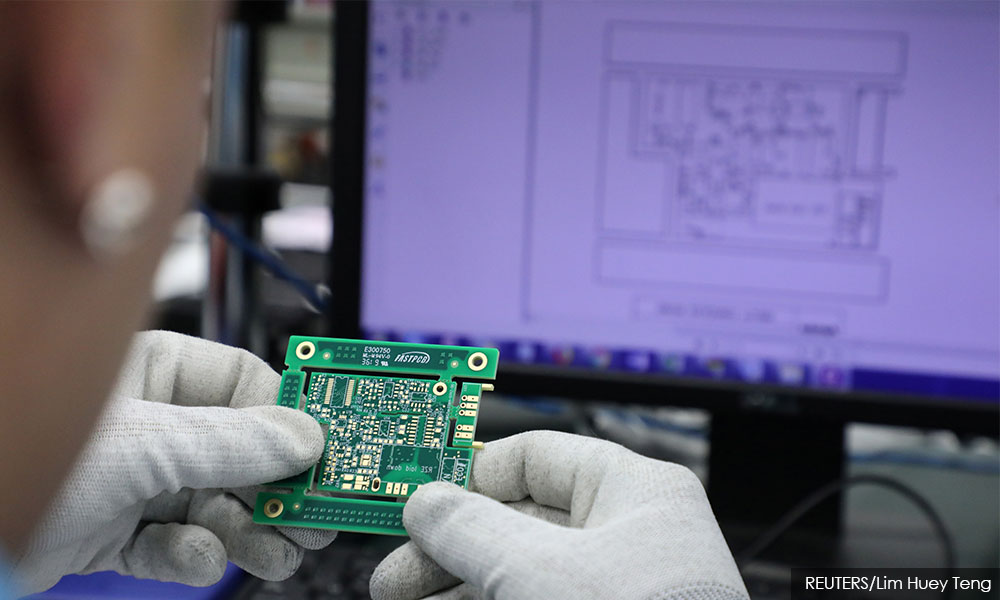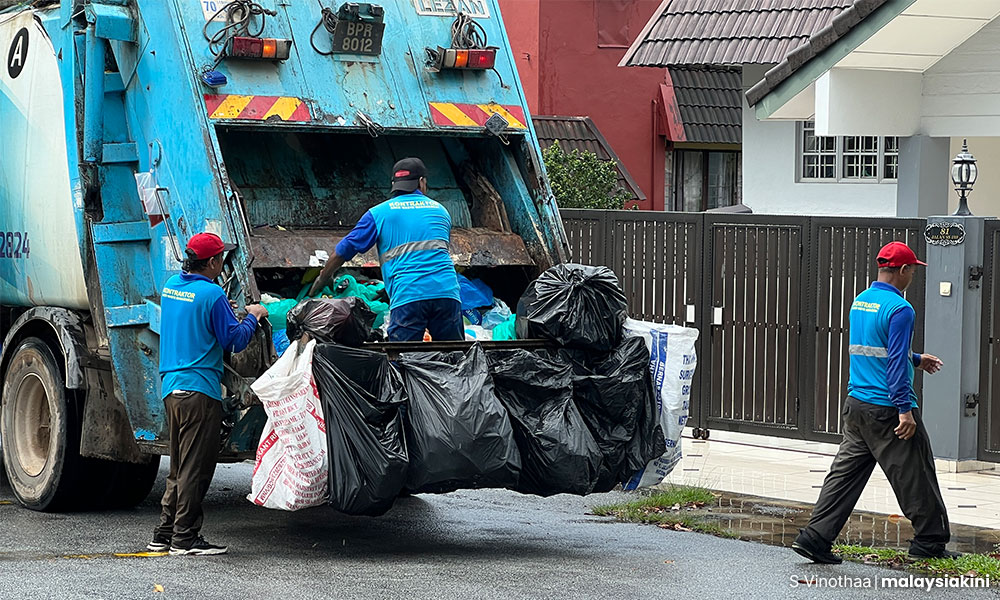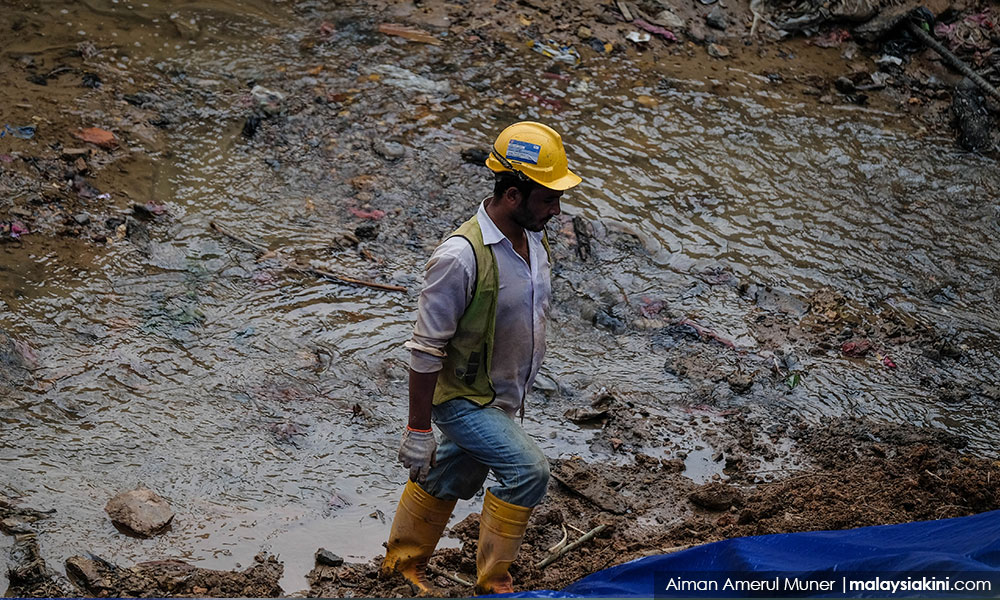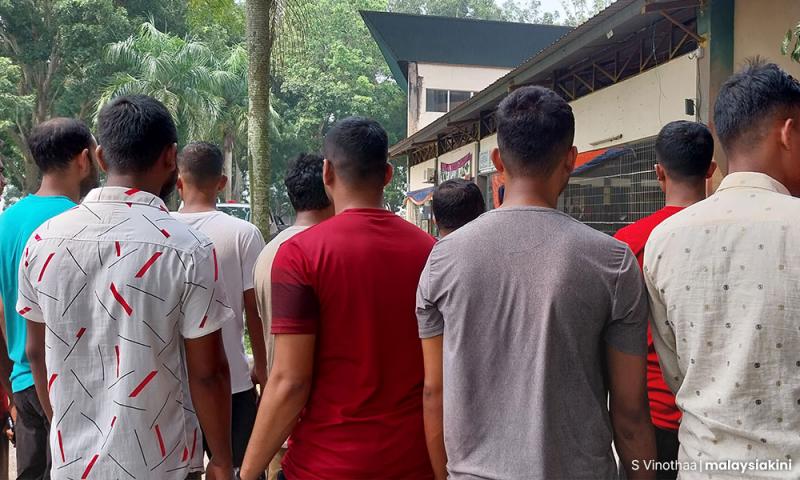COMMENT | Treat migrant workers with dignity and decorum
COMMENT | On International Migrants Day (Dec 18), 2023, Tenaganita would once again like to acknowledge the very valuable contributions of migrant workers to the economic, social, and cultural life of Malaysians.
It is also an occasion for all Malaysians to reflect upon and appreciate the various ways in which migrant workers have made it possible for us to enjoy the standard of living that we have, by taking up physically demanding, dangerous, dirty, and underpaid jobs that are shunned by Malaysians.
The contribution of migrant workers to the economy extends beyond the jobs that they perform; migrant workers also contribute in hard cash to government coffers through penalties imposed on them.
For example, amnesty programmes, implemented from time to time purportedly to reduce the number of migrant workers in the country, appear to be nothing more than well-thought-out schemes to increase government revenue at the expense of the migrant workers.
In 2020, the recalibration (repatriation ) programme is estimated to have brought in a revenue of RM150 million to the government. Under the 'back for good' amnesty programme which ended in 2019, the government is expected to have collected RM115 million from the allegedly undocumented migrant workers who were repatriated – and banned for life from re-entering Malaysia.

On International Migrants Day 2023, Tenaganita has chosen to draw attention to the workers in a very important industry which contributes to about five percent of Malaysia’s GDP, namely the electronics industry.
While electronics factories are generally considered clean and safe places of work, it is important to draw attention to some of the common hazards to which the workers in the industry may be exposed.
Prema Arasan, the programme manager of Migrant Rights Protection, shared examples like the following:
Prolonged exposure to lead which is often used in the soldering process for electronic components can result in lead poisoning, which affects the central nervous system and poses risks to the reproductive productive system.
Cadmium which is used in the manufacture of semiconductors and coatings for electronic components may cause cancer as well as harm to the respiratory and cardiovascular system.
Exposure to chlorofluorocarbon which were historically used in the production of electronic components can contribute to respiratory and skin disorders and other long-term health issues.
Long-term exposure to brominated flame retardants, commonly used in the production of printed circuit boards and electronic casings, can lead to endocrine disruptions, and can potentially have carcinogenic effects.
Prema adds that "non-chemical hazards are often found in the electronics industry workplace". These include:
Ergonomic hazards from prolonged repetitive tasks, causing musculoskeletal disorders, back pain and carpel tunnel syndrome.
Noise pollution from machinery and equipment used in electronic manufacturing can result in hearing loss and increased stress levels among workers.
Electrical equipment which is not well maintained can pose risks of electric shocks, burns, and other injuries.
Handling heavy equipment and lifting heavy loads can result in physical fatigue, strains, and injuries if proper lifting techniques and ergonomic practices are not followed.
Radiation-emitting equipment like X-ray machines used for testing can pose radiation-related health hazards which can cause skin damage and certain forms of cancer.
"However, many electronics companies lack comprehensive workplace safety programmes, regular and effective training for workers to be aware of the hazards, competent risk assessments, and appropriate safety measures," said Prema.

Furthermore, safety officers are often not sufficiently trained and safety audits are conducted by non-competent personnel. Compliance with the Occupational Safety and Health Act (OSHA) is often perfunctory and is of little real value.
Based on feedback from workers in the industry, it would appear that the Department of Safety and Health (DOSH) needs to review its monitoring and enforcement practices to ensure better and more meaningful implementation of OSHA.
Joseph Paul, director/consultant for business accountability and responsibility programme, states "that it is a trite but necessary observation that even from a purely business point of view, addressing safety and health issues in the workplace saves the employer money and adds value to the business.
" When workers stay whole and healthy, the direct cost-savings to businesses include reduced medical expenditures and lower money spent for overtime wages which may be incurred to replace injured workers. Intangible benefits to the company include increased morale, reduced turnover, better labour/management relations, and enhanced reputation for the company".

Migrant workers in the electronics industry, just like their comrades in other industries, are often also victims of exploitative labour practices, inadequate legal protections, deplorable living conditions, and limited access to health care - all of which have been reported and repeated over the years and do not bear repetition here.
International Migrants Day is an occasion to remind ourselves that we continue to benefit from the deprivations suffered by the migrant workers who live, often unnoticed, among us, as they toil for years separated from their loved ones.
Tenaganita urges the relevant government agencies and ministries, especially the newly appointed minister for human resources, to put an end to ad hoc government policies and convoluted documentation processes, riddled with corruption, which cause migrant workers to become undocumented through no fault of theirs.

At the same time, the increasing role of non-state actors in establishing a flourishing migration industry needs to be much more regulated and monitored by the government. For example, it is unconscionable and a blight on our nation that thousands of migrant workers can continue to be brought into the country on valid documents and left languishing in cramped, filthy accommodations, deprived of their passports, without jobs, with inadequate food, and subjected to physical and emotional violence.
There is an urgent need for a thorough and independent investigation into the root causes of this shameful state of affairs and all state and non-state actors responsible for it should be made accountable.
The dignity of all persons including migrant workers should never be made subservient to the demands of the market and the need for economic development.
Therefore, it is our responsibility to make their work decent, decorum, and dignified, rather than being dirty, dangerous, and difficult.
GLORENE A DAS is Tenaganita executive director.
The views expressed here are those of the author/contributor and do not necessarily represent the views of Malaysiakini.
RM12.50 / month
- Unlimited access to award-winning journalism
- Comment and share your opinions on all our articles
- Gift interesting stories to your friends
- Tax deductable
